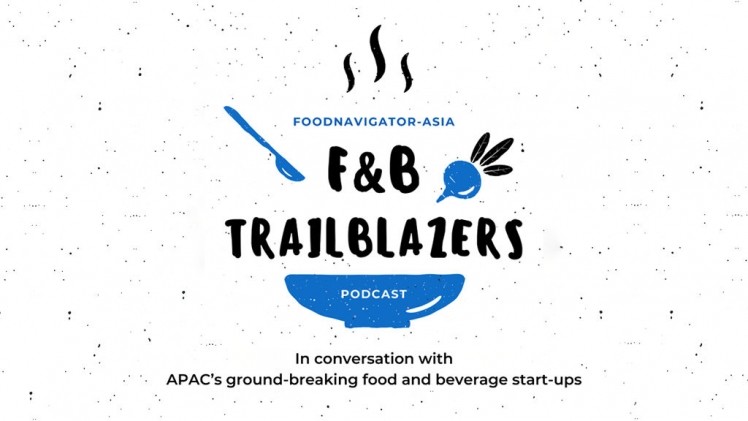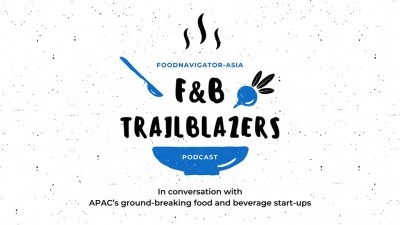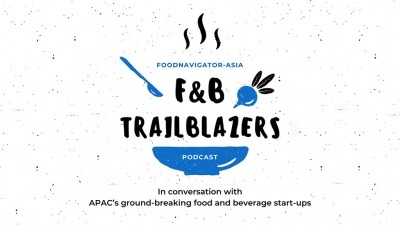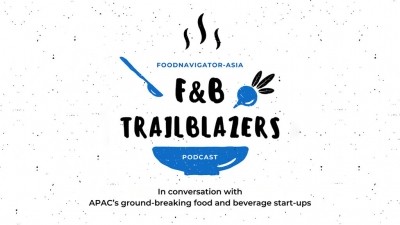FOOD AND BEVERAGE TRAILBLAZERS PODCAST EPISODE 7
PODCAST: Avant Meats CEO on cell-based innovation, and why fish maw is like diamonds
This content item was originally published on www.foodnavigator-asia.com, a William Reed online publication.

Avant Meats has taken a very specific approach by focusing on the fish maw, or fish swim bladder as its first cellular-cultured product. Fish maw a delicacy here of sorts in Asian cuisine and makes up a very big market in the region.
“We started with fish maw for several reasons: One, it’s easier to reach price parity with this, as it is originally a rather expensive product in its own right, and two, the structure of fish maw is quite simple and homogenous, basically a big piece of collagen,” Chan told FoodNavigator-Asia.
“Cell-based meats and seafood are known to be very expensive at thousands of dollars per kilogramme right now, and without price parity, it will be very difficult for a company such as ours to be profitable in any way.”
The most sought after species of fish from which fish maw is produced is called bahaba, which is currently already endangered as it has been highly prized as a source for this since ancient times.
Chan also compared the fish maw market to the diamond market, both in terms of trends and investors’ behaviour.
“The fish maw market behaves a little bit like the diamond market – The rarer the species from which it originates, the more expensive it is,” she said.
“There are also ‘investment-grade’ fish maws in Hong Kong, just like there are investment-grade diamonds. Just like those who buy investment-grade diamonds prize lab-produced diamonds for functional purposes, those who buy these investment grade fish maw value cell-based ones for the functional health values.”
She also described her experience being a vegan in a sector that specialises in new ways to produce meat, and the challenges that come with this.
“I am happy to not eat meat, but I do understand for many people it is not the best option, whether it be because of preference, culture, environment and so on. This is why I felt it is important to find a positive solution instead of just asking everyone to become vegetarian or vegan,” said Chan.
“But I faced some struggles here: Many people around me are vegetarian, and though some were supportive, others still focused on how what I am doing involved killing some animals along the way. But to me, the trade-off and benefits are still very large in terms of scale – by working with three or four fish, we can save millions more, and I think it’s worth it.”
Listen to the podcast above to find out more.



















